Finally! Your condo is now ready for you. But before moving in or prepping it for your lessees, there is a list of things you should do before the unit is officially turned over to you. Turnover is the process in which physical possession is handed over to the rightful owner of a property. Condo turnover delay is common in the Philippines because of certain factors such as the financial health of the property developer, compliance issues, and other macroeconomic conditions.
But with the right developer, turnovers are not a problem! Choose a developer with a track record of minimal to zero turnover delay—like DMCI Homes. The leading condo real estate developer is committed to turning over units on time and sometimes even advanced, just for their tenants.
Remember to take note of the rental law in the Philippines because once you have acquiesced to the condition of your condo unit and approved the turnover, you are agreeing that everything is in order. You should know what to check before signing off. Here is your essential property turnover checklist.
Revisit your contract for any turnover fees
The condo turnover process begins upon the release of the turnover clearance. The clearance requires that you have settled a certain percentage of the condo price, which is stipulated in the contract, and secured financing for any balance. You will be notified and asked to confirm the dressing up of your unit. You may also be asked to pay condo turnover fees.
Review your contract about the charges related to the turnover. Be warned that some developers charge massive hidden fees, which owners are forced to pay, otherwise they cannot take possession of their unit. Always read the fine print of your contract.
Measure the floor area
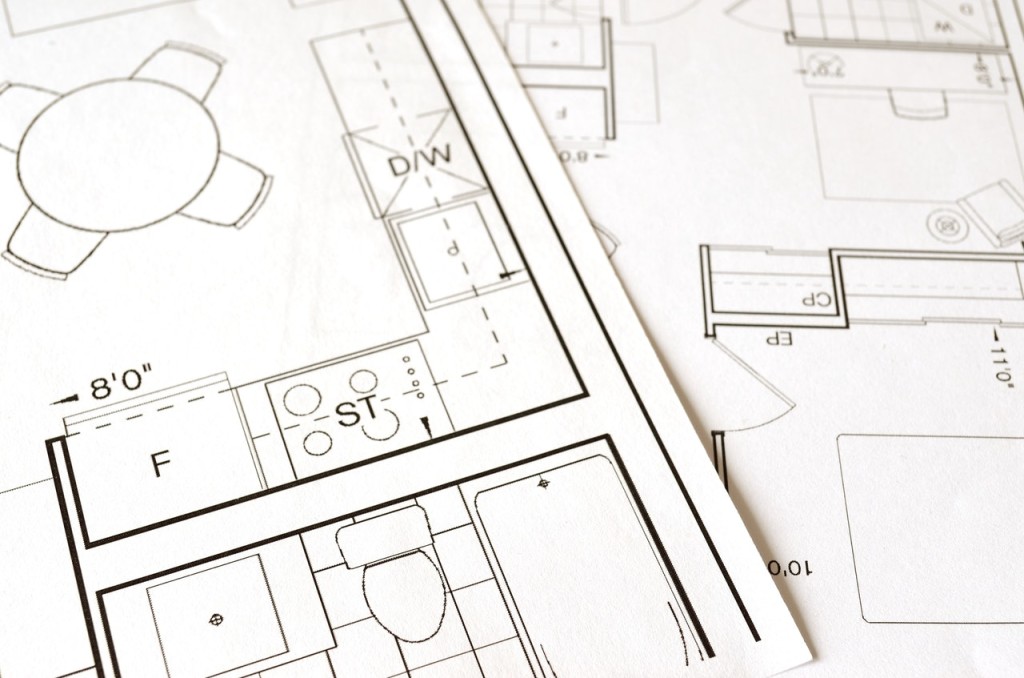 Photo courtesy of Pixabay via Pexels
Photo courtesy of Pixabay via Pexels
The contract of sale states the items that should be in a condominium or apartment turnover checklist. One of these is the measure of the unit, expressed in square meters. Confirm the measure of the floor area or have a professional do it. If the contract stipulates a 30-sqm unit, delivering anything different is a breach. Make sure that you thoroughly check the dimensions of the rooms including the kitchen, bathroom, and balcony. If these do not match what is in the contract, then you may have received a unit with a smaller floor area than what you paid for.
Start with the flooring, ceiling, and walls
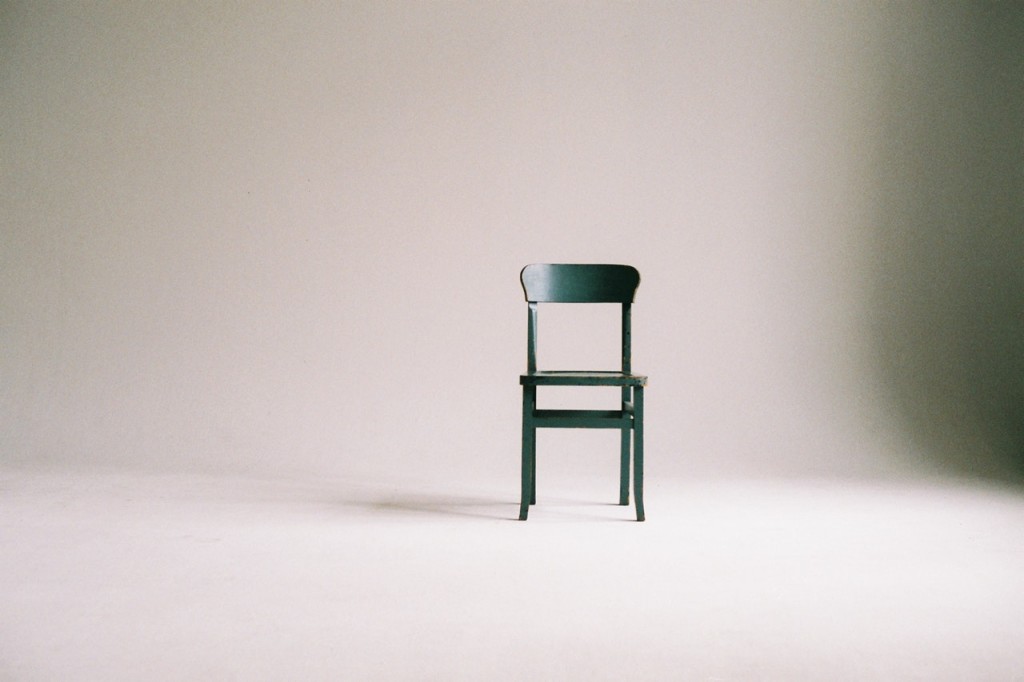 Photo courtesy of Paula Schmidt via Pexels
Photo courtesy of Paula Schmidt via Pexels
Delay in condo turnover can be attributed to the owner. Mark your calendar with the set turnover date, which requires your personal inspection of the unit. Have someone with you—a trusted friend, family member or lawyer—to double-check every corner of the condo. Based on the rental law in the Philippines, the specifications in the contract and your requested furnishing should have been properly executed.
Start with the standards: flooring, ceiling, and walls. The flooring must be even. Check the paint applied on the walls and ceilings. Note scratches and chips that need to be redone. If you plan on installing wall-mounted furniture or heavy ceiling lighting, this is your chance to inquire about any guidelines and restrictions.
Inspect the standard furnishings
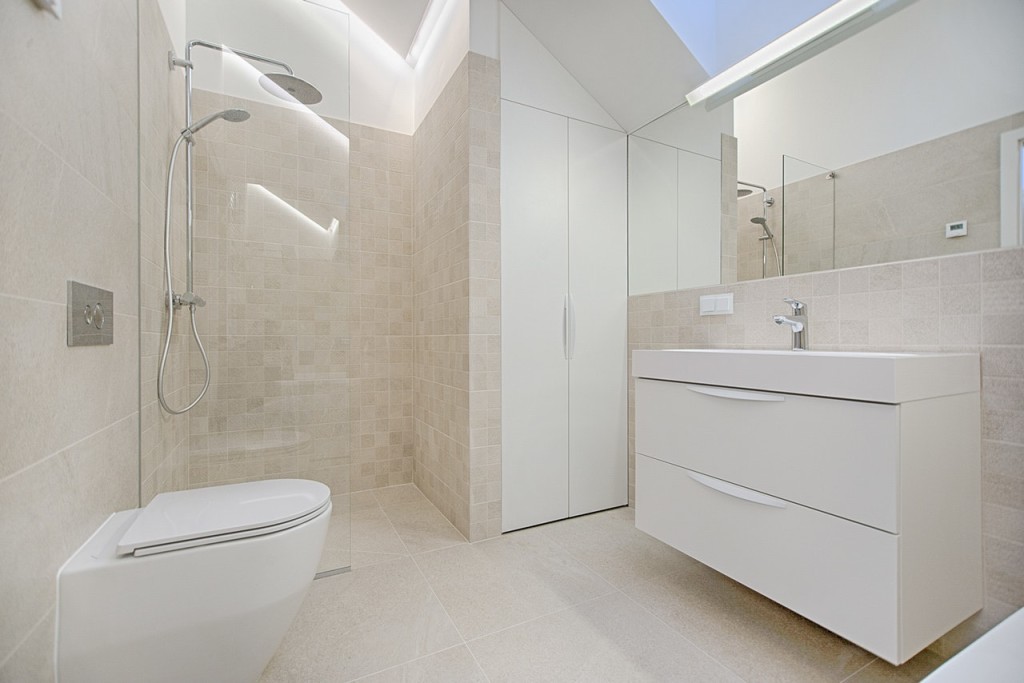 Photo courtesy of Vecislavas Popa via Pexels
Photo courtesy of Vecislavas Popa via Pexels
Most condo units come with standard furnishings such as toilet and shower, sink in the bathroom and kitchen, countertop, cabinets, etc. These basics are indicated in the contract of sale.
What to check for condo turnover? First, inspect the bathroom. Test the toilet and flush, and check any leakage under the sink. Are the tiles installed properly? Check if the shower is working.
Next, head to the kitchen. Inspect any leakage under the sink and other plumbing problems. The built-in cabinets in the kitchen and bedroom, if any, must be in good condition. The hinges should be properly installed and not loose.
Take note of your observations. Jot down the furnishings and fixtures that require repair. It can help to have a plumber check the plumbing fixtures.
Check all electrical outlets, phone outlets, cable, etc.
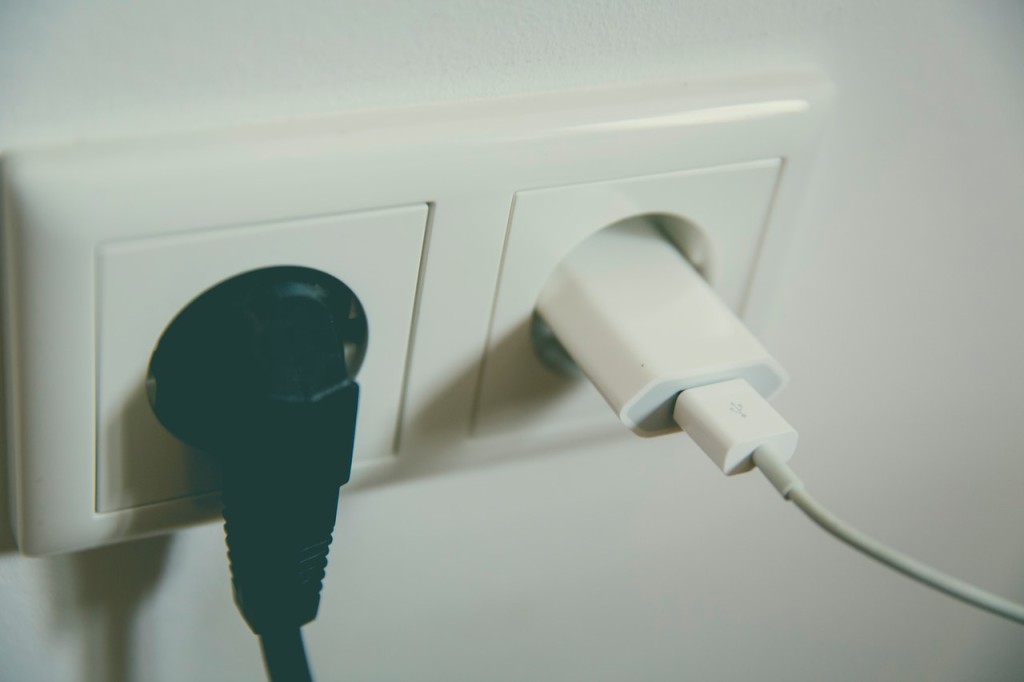 Photo courtesy of Markus Spiske via Pexels
Photo courtesy of Markus Spiske via Pexels
Once you sign the turnover papers, you are in effect certifying that the unit is in the order as stipulated in the contract. So it is important to inspect every corner of your unit before signing the Certificate of Acceptance.
Repairing power outlets can take time and a lot of your patience. Avoid the hassles of calling in electricians during your move in by reporting any needed repairs to the developer on the turnover date. You can bring an electrician who can better inspect the electric outlets. You should also check if the phone outlets and cables are working.
Visit your parking slot
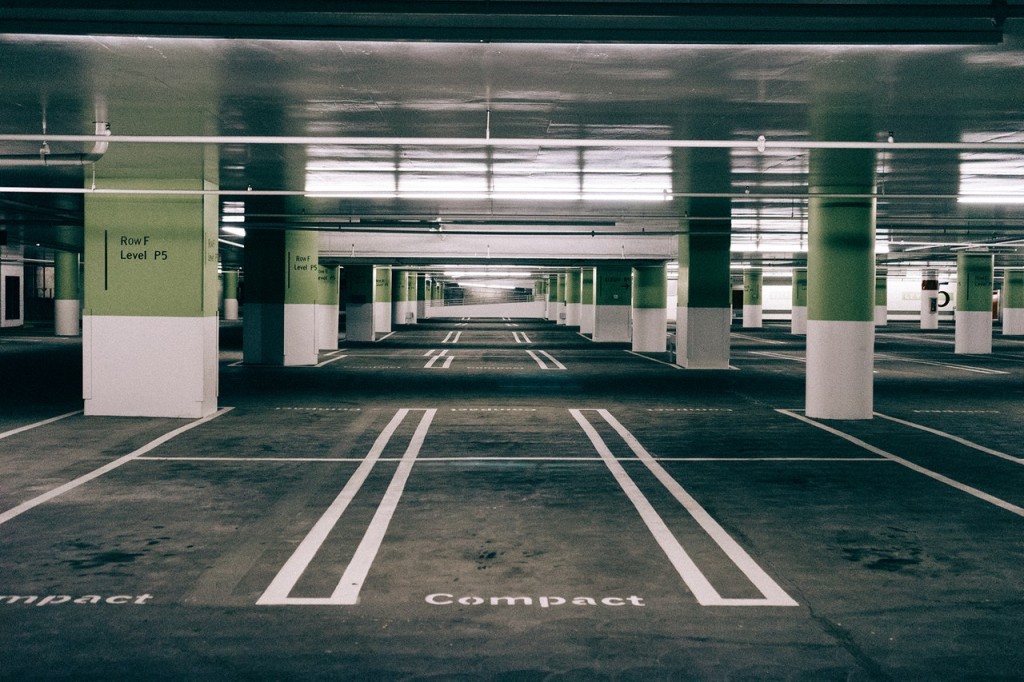 Photo courtesy of Jaymantri via Pexels
Photo courtesy of Jaymantri via Pexels
The stipulations pertaining to the parking slot are typically in a separate contract because a condo unit does not usually come with a parking space. These may be purchased separately. Think about the reasons why you need to own a parking space.
Your developer will inform you if you could inspect your parking slot on the same turnover date for your condo unit. Check whether the specifications, especially the measure and the location, are consistent with those in the contract. Inspect for any hazards nearby, such as the presence of combustible chemicals, and raise these issues to the developer.
Do not miss a thing
 Photo courtesy of Tirachard Kumtang via Pexels
Photo courtesy of Tirachard Kumtang via Pexels
The inspection of your condo unit and parking slot, if applicable, is critical. This can delay the turnover of your properties, so prepare for this day well.
Do not rush the inspection. Use all the time you need to make sure that you cover every part of the unit. It is highly recommended that you prepare a checklist for the fixtures and furnishings, as well as any special requests, that requires inspection. Mark the areas and items that need attention. If repairs or modifications are warranted, write these down in detail. Jot down your suggestions, if you must.
Keep the rental law in the Philippines in mind; note that the turnover date is a good opportunity to raise questions and clarifications with your developer in case you want modifications to the unit. What are the guidelines on drilling on walls or mounting furniture? Should you contact the developer’s construction team or can you commission your own contractor? List down these questions.
Do not forget to discuss the time frame to complete the preparation or the repairs in your unit. This information is especially critical if you are leasing out your unit. Your cooperation during the condo turnover date is crucial. If you are leasing out your unit, the turnover date can dictate when you could start earning. Seek guidance from DMCI Homes Leasing Services for any leasing-related issues.
Final reminders for your condo turnover
The turnover date can either accommodate or delay the taking possession of your home. Make sure you prepare for this day by doing the following:
- Opening up your schedule, reviewing your contract, listing down the areas and items that need to be inspected, and preparing the questions for the repairs and possible modifications.
- Bring a family member or friend who can help you out or who can give unbiased comments.
- It can also help to have a plumber and electrician inspect the unit with you. They can give you an immediate assessment.
- Most importantly, be courteous to everyone. Raise your complaints to the proper officers, such as the admin, and always be solution-oriented.
Key Takeaways
A condo turnover is an important moment in a unit owner’s life. It is the time when they finally get to move into their new home. However, before the big day, there are a few things that unit owners should know in order to avoid any unforeseen problems. This way you can move into your new home with peace of mind.
- Check your condo unit space. Make sure that the dimensions of the rooms including the kitchen, bathroom, and balcony match what is in the contract. If these do not match, then you need to bring this up with the developer.
- Inspect the quality of the materials used in your unit. This includes checking the floors, walls, ceilings, doors, and windows. If you see any defects, be sure to file a claim with the developer so that these can be fixed before you move in.
- Be aware of the possible additional fees. These can include parking, association dues, and other miscellaneous fees. Ask the developer for a complete list of all the additional fees so that you can budget accordingly.
These are just a few of the things that unit owners should know before their condo turnover. By being prepared and doing your research, you can avoid any unwanted surprises and have a smooth transition into your new home.
To learn more about pre-selling and ready for occupancy projects, units for lease, and special promos, log on to DMCI Homes or call (632) 5324-8888. You can also check out DMCI Homes Leasing for currently available condos for rent.
News and other updates are also posted on the company’s official website and its social media accounts on Facebook, X, Instagram, and YouTube.








